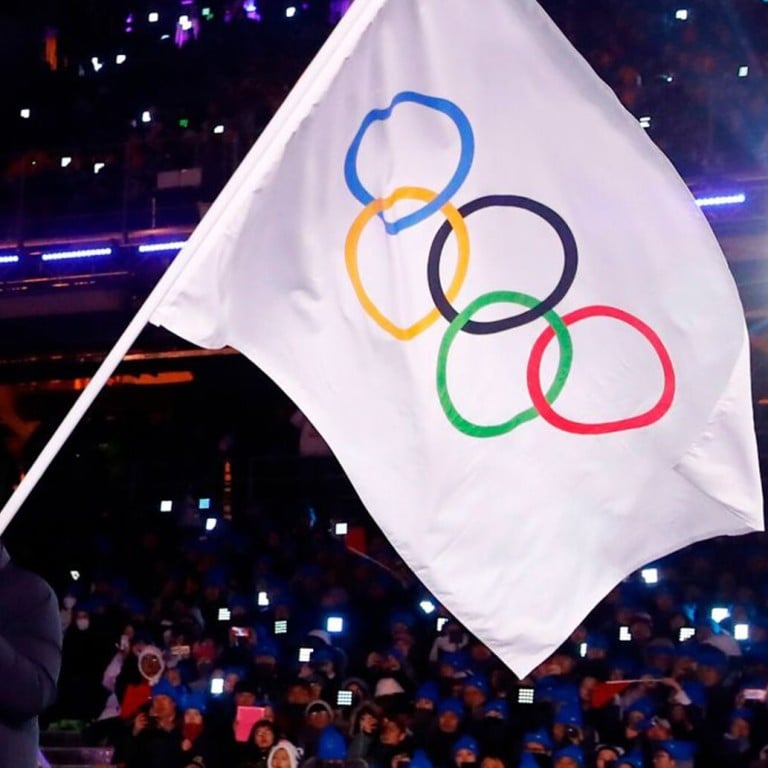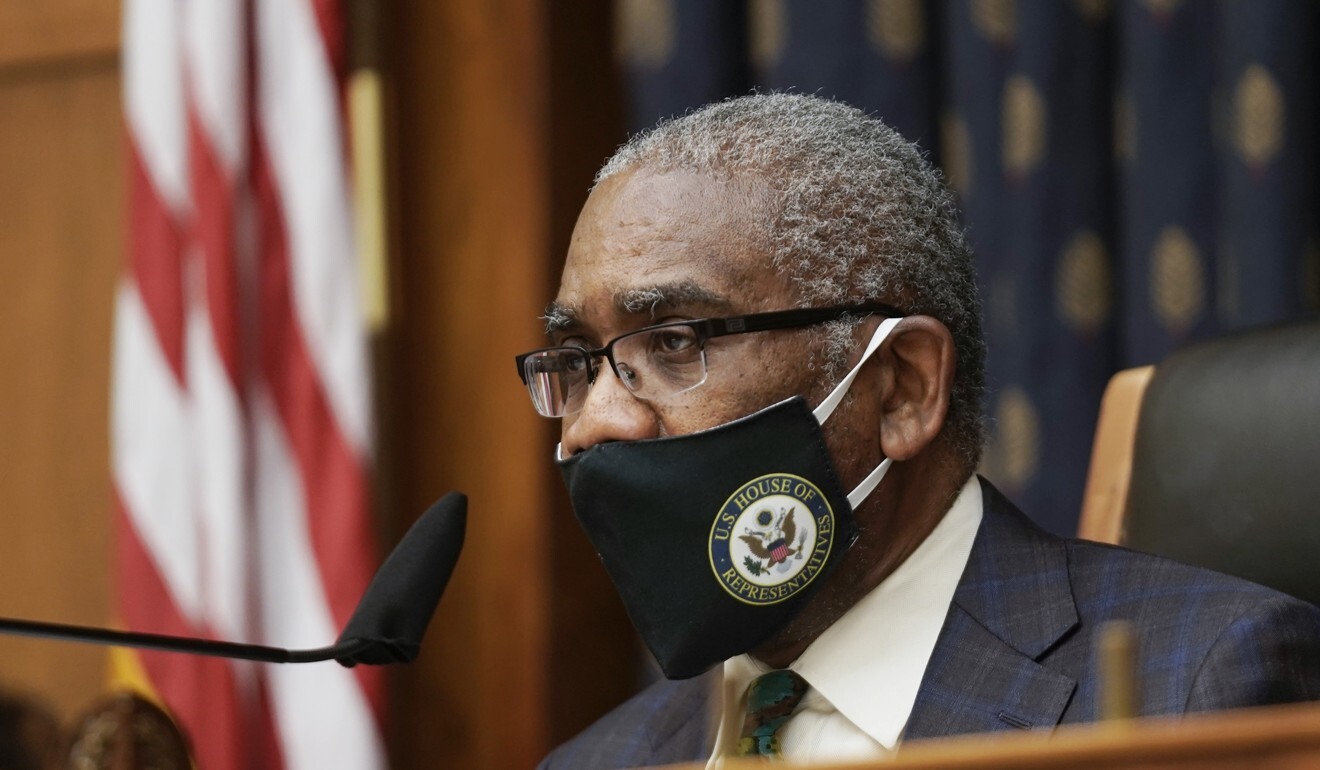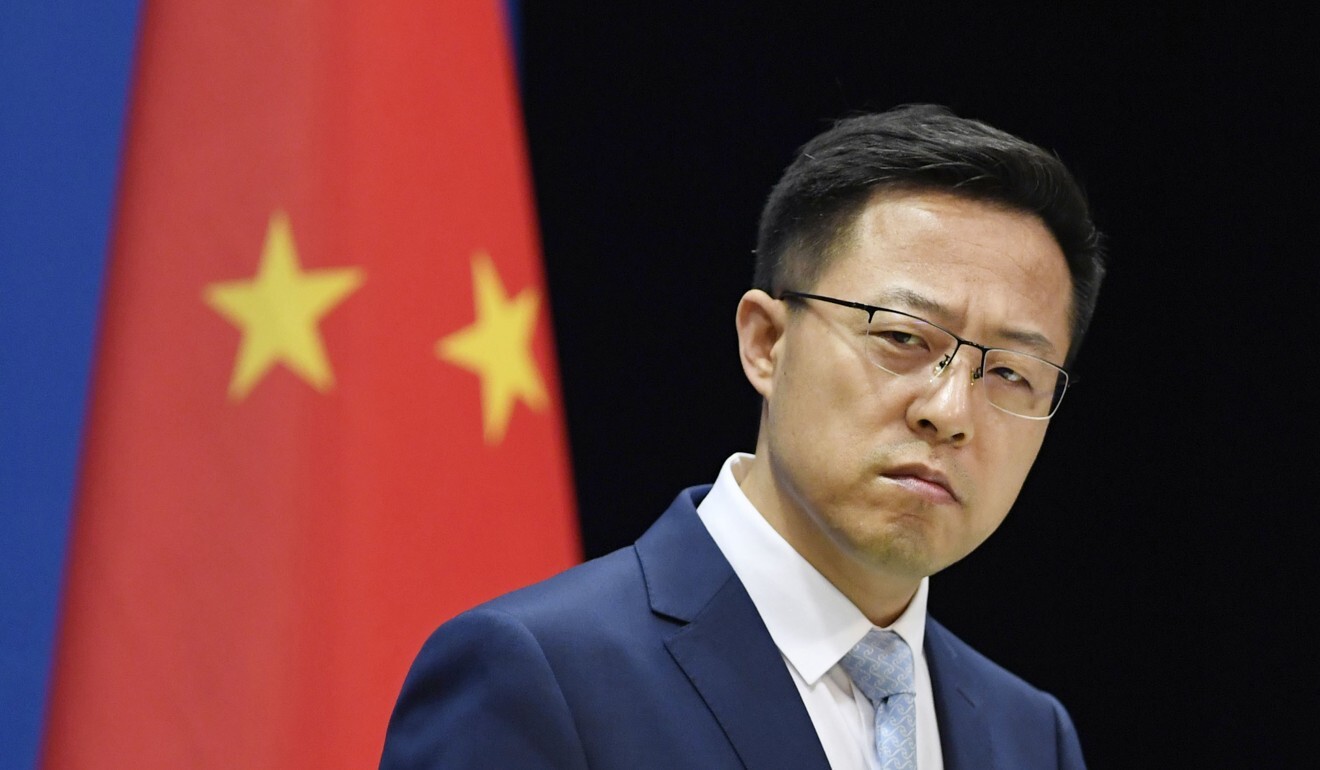
Politicians push Beijing Winter Olympics ‘diplomatic boycott’ across 11 Western countries
- Elected representatives across Europe and North America call for governments to decline invitations to February’s Games
- Campaign follows rights groups’ calls for a full boycott over human rights infringements in Xinjiang, Tibet and Hong Kong, charges denied by Beijing
A group of politicians across Europe and North America launched coordinated legislative actions on Monday, calling for a diplomatic boycott of the 2022 Beijing Winter Olympics.
Spanning 11 countries and parliaments, the actions aim to pressure governments, elected officials and heads of state to decline invitations to next year’s Games, citing “gross violations of human rights” by the Chinese government.
In the United States, a resolution supported by the chairman of the Foreign Affairs Committee of the House of Representatives, Gregory Meeks, calls for the International Olympic Committee (IOC) to instigate emergency measures to find a replacement venue, “given ongoing crimes against humanity committed by the host government”.
At the European Parliament, 10 members will submit a parliamentary question to the European Council asking whether the EU should send a delegation to the Games, but also to “issue advice” to European corporate sponsors of the event.

In Italy, a motion calls for broadcasters to devote programming time to coverage of human rights issues in China, while a Swiss lawmaker’s interpellation to its Federal Council will ask for guarantees to be sought on press freedoms for media covering the Games.
“This coordinated effort by legislators in multiple democratic countries sends a message the IOC cannot ignore: if it can discuss postponing the Tokyo Games over public health concerns, it can certainly move the China Games over the mass incarceration of millions in concentration camps,” Tom Malinowski, vice-chair of the US House of Representatives Foreign Affairs Committee, said in a statement.
The Chinese embassy in Brussels did not respond to a request for comment, but Beijing has previously lashed out at threats to boycott the Games.
“China deplores and rejects the attempt by certain US individuals to sling mud at China and sabotage the preparation and holding of the Beijing Winter Olympics by playing the human rights card out of ideological and political prejudice. These people’s remarks are filled with shameless lies and disinformation. Their typical US-style staged farce will gain no support and is doomed to fail,” foreign ministry spokesman Zhao Lijian said in May.
US lawmakers ramp up the pressure for a Beijing Olympics boycott
Similar motions have been introduced in Britain, Canada, the Czech Republic, Denmark, Germany, Lithuania and Sweden, with the campaign driven by the hawkish Interparliamentary Alliance on China (IPAC), a group pushing for hardline action on China from the West since last year.
It is the latest campaign to target February’s Games, after a coalition of human rights groups representing Uygurs, Tibetans, and residents of Hong Kong called for a total boycott in May, in a bid to turn up the heat on athletes, sponsors and governing bodies.
Also in May, Speaker of the House Nancy Pelosi threw her weight behind a diplomatic boycott.
“For heads of state to go to China in light of a genocide that is ongoing – while you’re sitting there in your seat – really begs the question, what moral authority do you have to speak again about human rights any place in the world?” she said.

The boycott movement has yet to gain momentum in Europe, where senior figures have been more reluctant to come out in favour than US counterparts.
Nor have any athletes pulled out on moral grounds, although the American Olympic slalom skiing champion Mikaela Shiffrin told CNN in March that it was unfair for athletes to be forced to choose between their “morals” and their “job”.
Activists call for boycott of Beijing Olympics over China’s human rights record
“And you certainly don’t want to be put in the position of having to choose between human rights, like morality versus being able to do your job, which on the other hand can bring light to some issues or can actually bring hope to the world at a very difficult time,” she said.
Campaigners say a diplomatic boycott would be “much easier” to achieve than a broader boycott.
“A diplomatic boycott it was something really easy and manageable for governments to do, because it is very simple to stage. It literally means them not sending any representation to the Games. So for the UK, for instance, Prince William, or whomever would be a representative of the head of state wouldn’t attend. The ambassador to Beijing wouldn’t turn up, Boris Johnson wouldn’t go,” said Mandie McKeown, executive director at the International Tibet Network.

